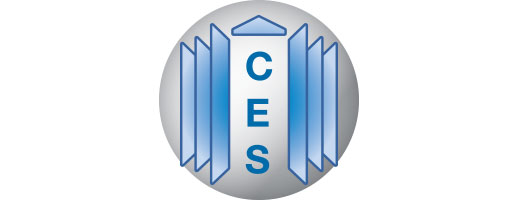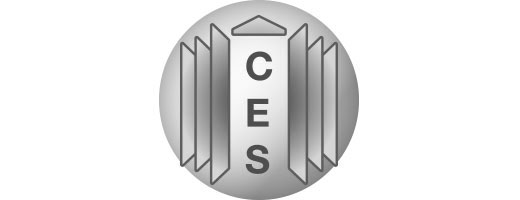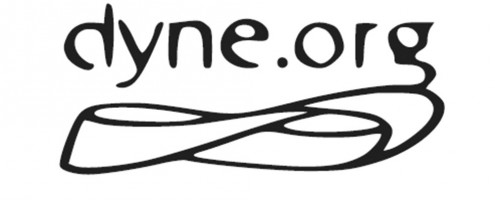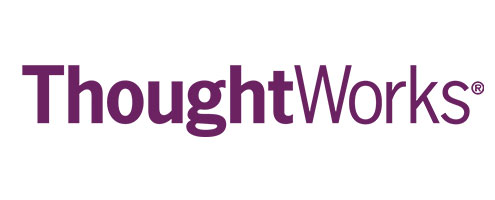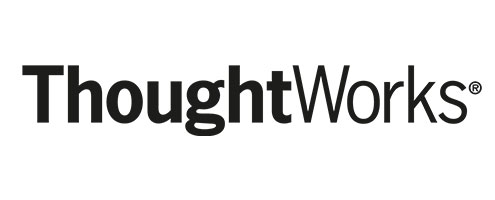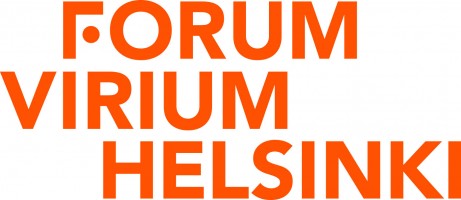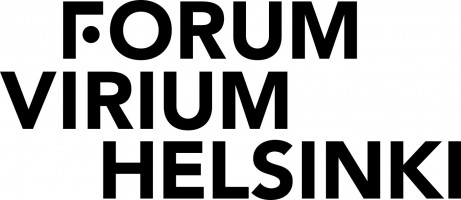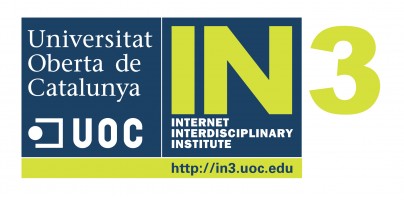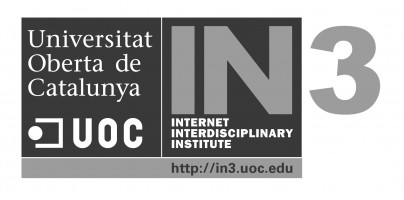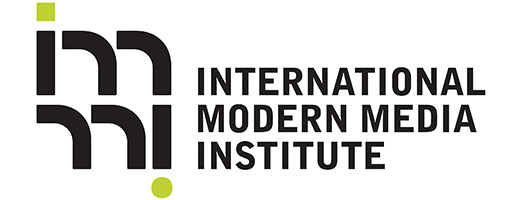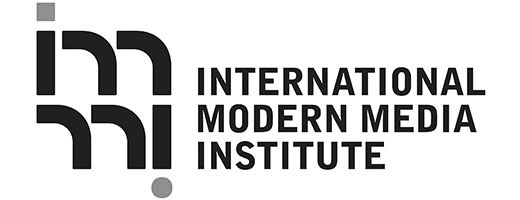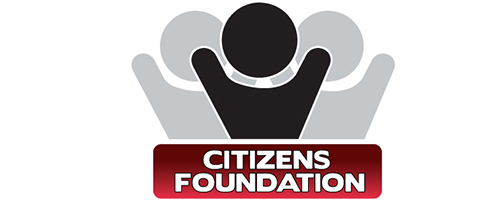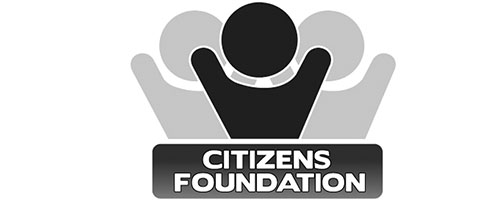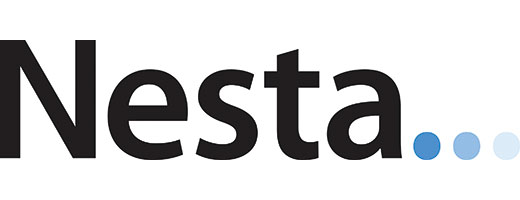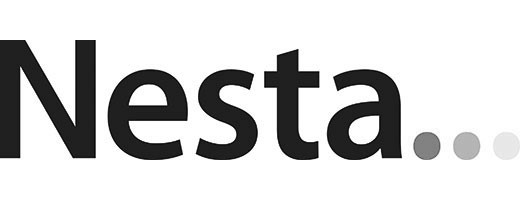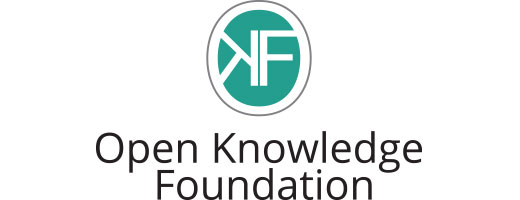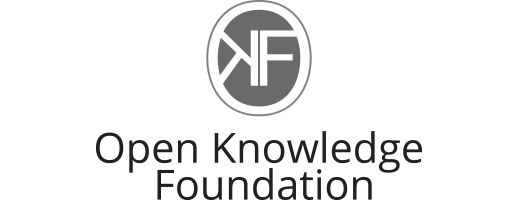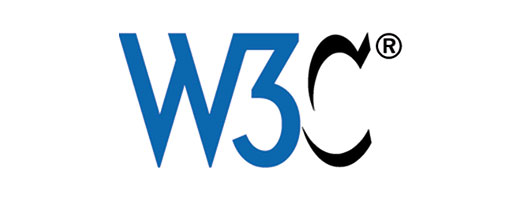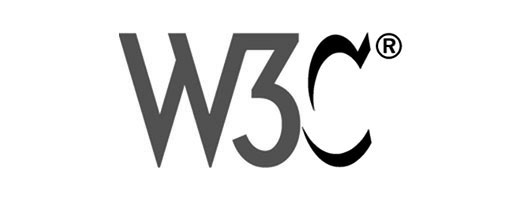D-CENT piloting in Finland: Introducing online democracy into decision making
The Finnish pilot of the D-CENT project offers a kit of online tools for active citizens. New kinds of online democracy tools are tested to open up the decision-making of the City of Helsinki and in drafting crowdsourced citizens’ initiatives.
The EU-funded D-CENT project, now in pilot stage, develops next generation tools for online democracy in Helsinki, Barcelona and Reykjavik. The pilot in Helsinki tests a toolkit enabling active citizens to organize into groups and promote their agenda in the context of local decision-making.
“Citizens’ movements are quick and easy to launch online. D-CENT provides tools to make these movements more sustainable and organized”, says Joonas Pekkanen, the project’s democracy expert at Forum Virium Helsinki.
In Finland, Facebook has functioned as a communications and discussion channel of many NGOs. D-CENT tools make getting organized easier.
“We do not intend to replace Facebook, but it has its limitations. Current social media channels are not suited to the decision-making of dispersed groups nor do they respect the privacy of the users”, Pekkanen notes.
The D-CENT project offers a complete kit of tools for document management, project management, communications and voting; everything needed for making a citizens’ initiatives and campaigns.
Open ministry and City of Helsinki as forerunners
One of the NGOs in need of tools for project management and voting is the volunteer-driven Open Ministry, which has assisted citizens in drafting laws for a couple of years already. The citizens’ initiative amendment to the Constitution in 2012 ensures each Finnish citizen the right to have his or her bill presented to the parliament. The prerequisite is that a minimum of 50,000 persons of voting age back the bill.
Joonas Pekkanen, who is the founder of the Open Ministry, has been involved in drafting the bills aimed at changing the copyright laws and establishing the equal marriage law. Crowd-drafting of a bill and collecting more than 50,000 supporters has brought valuable experience about online tools.
“For document management we have used Google documents, for communication Twitter, Facebook and the campaign website”, Pekkanen says.
However, implementing individual tools is time-consuming and requires manual work, for example transferring data from one system to another. The D-CENT project tests how to produce a functional kit for establishing an online democracy community using open source tools.
Another focus is to create and test a feed monitoring the decision making of the City of Helsinki.
“We will provide an alert which will give you a heads up when the city council or committee handle issues that interest you, for example plan changes in your residential area or favourite dog park.”
When a topic you are interested in comes up, you can act.
“You can form a group that aims to influence decision-making. The group can figure out the most efficient way to promote – or oppose – a project.”
D-CENT tools help dispersed online groups to co-write an information request to civil servant, a letter to the councillors or a press release, or start collecting names for a municipal initiative.
Agile software project
D-CENT is a fairly challenging Open Source software project. Never before has anyone tried to form such a compilation of free online tools to serve NGOs.
“We are doing this by applying the methods of agile service development, stage by stage: first we have something small implemented, and then we test how it works.”
On the 8th of December 2014 the results of coding were accessible in Finland for the first time. With theneighbourhood organisation HELKA, an open workshop was organised to test
the first D-CENT prototype with basic functionalities of collaborative annotations, commenting, new users profiles and activity stream – and to plan future development.
The results of the Helsinki pilot are utilised and further developed in Spain. In the spring of 2014 Spain saw a demonstration of the power of online democracy. Podemos, a Spanish political party, achieved five seats in the European Parliament Elections and got 8 percent of all votes. The party was only 100 days old and was organized through the internet.
“In Spain, the purpose is to offer D-CENT tools for the use of Podemos and other NGOs”, Joonas Pekkanen says.
Pekkanen has great expectations for the new kind of democracy. He hopes that D-CENT will be involved in changing the decision-making processes and makes it easier for citizens to participate.
“This could restore people’s trust in politics.”
Even the public administration needs easy-to-use online tools developed in the D-CENT project, Joonas Pekkanen thinks. The documents of projects coordinated by ministries are stored in the hard drives of civil servants and communication creates email chains including hundreds of messages.
Text: Petja Partanen
Original story published here.
Read more about the Finnish pilot:
The Finnish lean inception workshop: The Networked Citizen Activism in Helsinki
****************************************************
Supporting online democracy
D-CENT is a co-operative platform in the web. It offers digital tools for direct democracy and economic empowerment. It’s an open, decentralised and non-commercial platform developed together with its users. D-CENT is an abbreviation of Decentralised Citizens ENgagement Technologies.
website: www.decentproject.eu
Twitter: @dcentproject



